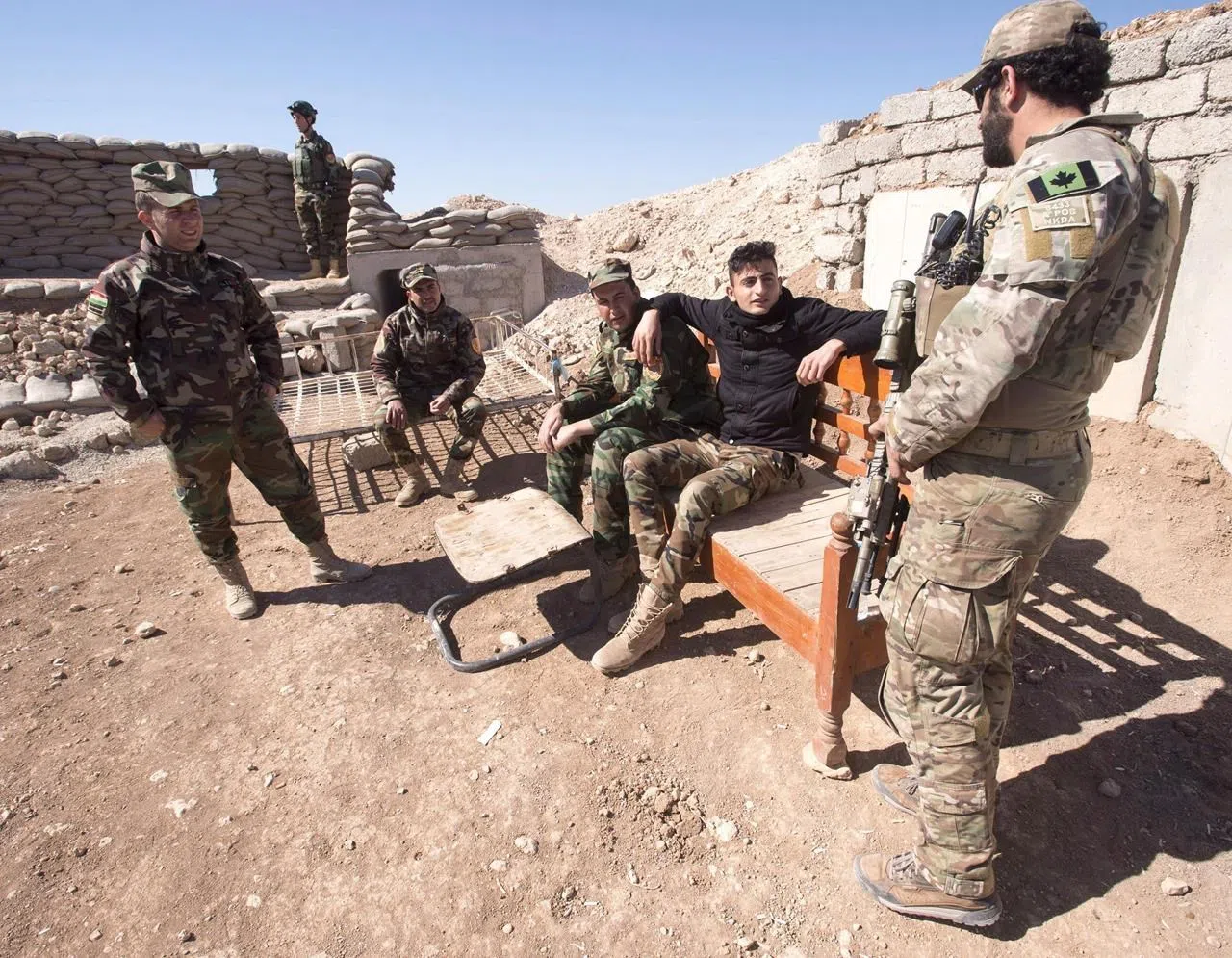
Iraqi Kurds invite Canada to help train, equip peshmerga after being frozen out
OTTAWA — Canada is being invited to once again provide training to Iraq’s Kurdish security forces, who worked shoulder-to-shoulder with Canadian soldiers in the war against the Islamic State group before being frozen out in 2017.
Bayan Sami Abdul Rahman, Iraqi Kurdistan’s top diplomat in Washington, insisted her people don’t harbour any ill will toward Canada for suspending and later ending years of military assistance to the Kurdish military, called the peshmerga.
Yet with the Kurdish government working on a major reform of the peshmerga to ensure they are better able defend the region from ISIL and various other threats, Abdul Rahman said Canadian assistance would be welcome.
“We are committed to it because we recognize that Kurdistan needs a professional, national, unified military,” she said. “This reform program is long term … Canada could play a role in many aspects of that reform program.”
